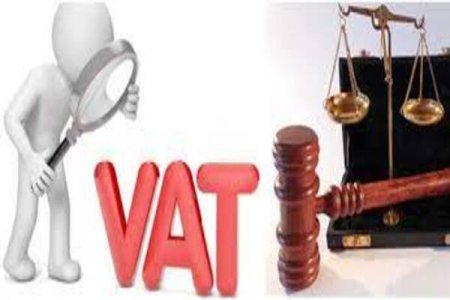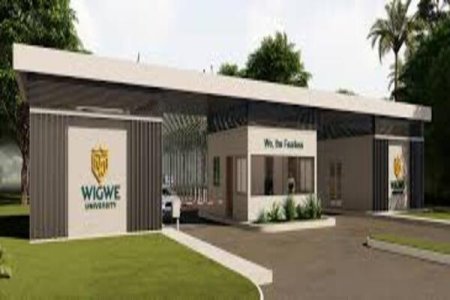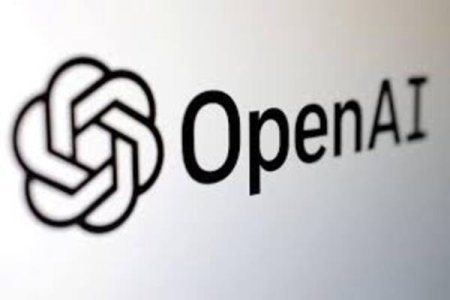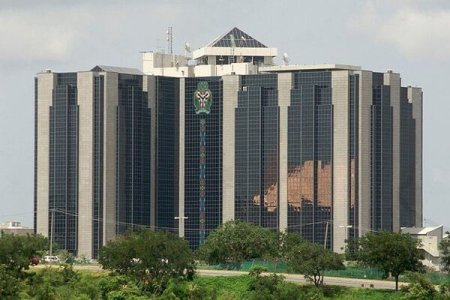
The European Union and Economic Community of West African States (ECOWAS) delegation to Nigeria has criticized the country's Value Added Tax (VAT) system, stating that it falls below the ideal standard. Massimo De Luca, the Head of Cooperation of the EU and ECOWAS Delegation, highlighted the challenges of low compliance with VAT in Nigeria, attributing it to corruption and poor implementation. De Luca expressed concern that while some companies may be willing to pay taxes, the existing taxation system hinders them from doing so effectively.
The Chairman of the Federal Inland Revenue Service (FIRS), Zacch Adedeji, addressed the issue, pledging to make the taxation system more customer-centric. He announced plans for a one-stop shop for all taxes in the country, aiming to simplify the process for individuals and businesses. VAT, a consumption tax applied during goods and services transactions, currently faces obstacles in Nigeria, with De Luca emphasizing the instability caused by fraud in the business environment.
De Luca criticized the inadequacy of the VAT system in Nigeria, pointing out that it does not allow companies to charge and recover VAT properly. He emphasized the lack of certainty for companies, particularly Small and Medium Enterprises (SMEs), in recovering VAT from their purchases. Cooperation between tax authorities and businesses in Nigeria was identified as a key factor contributing to poor VAT compliance.
Tax expert Andrew Onyenakwe joined the discussion, highlighting widespread misunderstanding of tax payments in Nigeria. While encouraging compliance, he attributed the low adherence to corruption within the system and stressed the need for voluntary compliance and improved transparency and accountability in tax administration agencies. The EU and ECOWAS delegation's critique underscores the challenges in Nigeria's tax system, calling for comprehensive reforms to enhance VAT compliance and revenue generation




